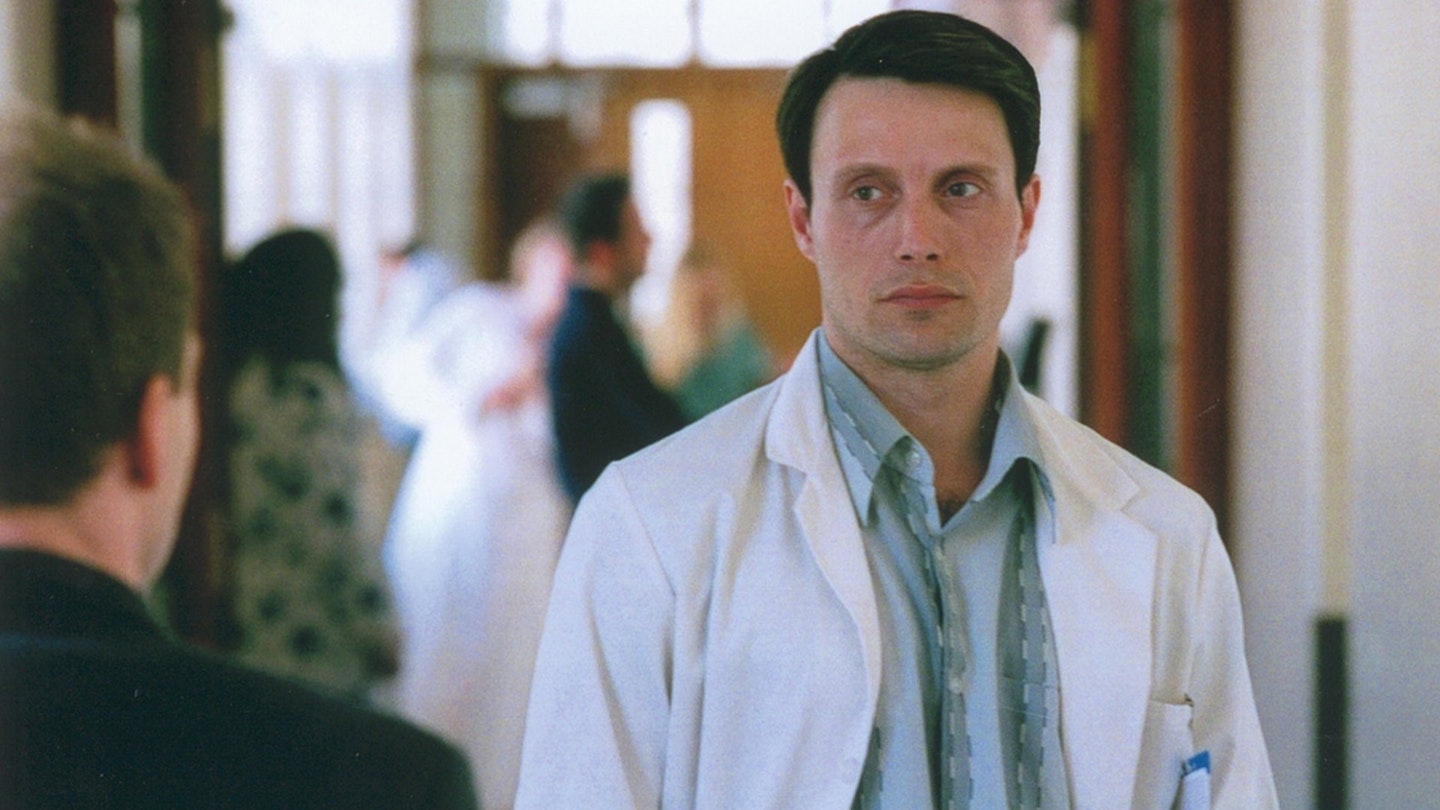A constantly amusing, often laugh-out-loud comedy about suicide. No easy task, reconciling humour with death. Sure, out-and-out black comedies do it all the time (Peter Mullan's savage bereavement tale, Orphans, for example), but Wilbur is different: a gentle, wistful romance, full of marvellously off-key humour.
"It's a shame you can't come to the suicide support group anymore, especially now you've experienced death," says nurse Moira (comedienne Julia Davis, best known for television show Big Train) to Wilbur (newcomer Jamie Sives). So far, Wilbur's attempts to put an end to his life have produced nothing more rewarding than momentary brain death.
The film benefits enormously from the winning performances of its adult leads. There's precious little background sketched in for the characters - they exist in a kind of vacuum within the city - but the relationships between them are believable, compelling and quite lovely.
Moreover, Sives, Rawlings and Henderson's dialogue delivery is spot on. Inappropriate comments and potentially offensive put-downs are conveyed in an offhand and often poker-faced manner, reminiscent of the Hal Hartley school of coaching actors not to emote. The results are very funny.
This is all the more surprising, given that the film's script was written in Danish and then translated into English. Comedy often travels badly between countries, but that's clearly not a problem for director Lone Scherfig (who previously made the popular Dogme comedy, Italian For Beginners) and her co-writer Anders Thomas Jensen (who penned the Dogme films Mifune, The King Is Alive and Open Hearts).
They let the intuitive cast flesh out their pared-down script, jokes and all. Finally, Wilbur is a film with real heart and soul. When its happy ending arrives (and that's not a plot-spoiler, because the denouement is far from obvious), it'll bring with it tears of joy.
